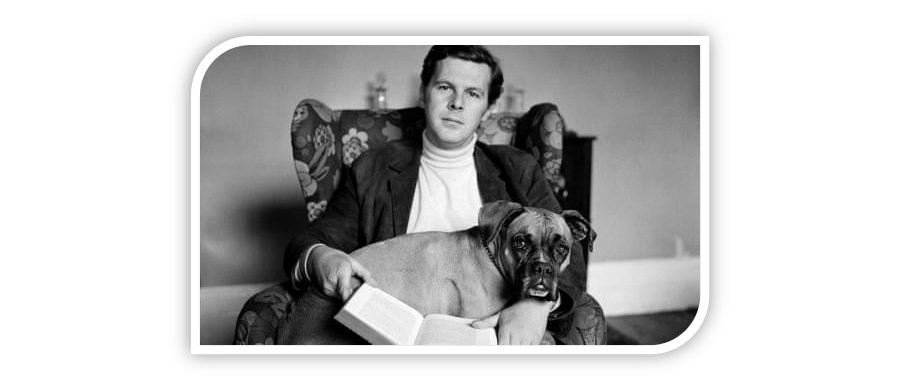
Philip Jones
Philip Jones OBE - who passed away on 7 May 2004 following a long battle with cancer, will be remembered as one of the most influential television producers of a generation.
As Head of Light Entertainment at Thames television, which was then ITV's largest company, Jones presided over a galaxy of stars from his office at Teddington Studios. Long-running sitcoms under his supervision included Never Mind the Quality Feel the Width , Father Dear Father , Love Thy Neighbour, Bless This House, Man About the House , George and Mildred , Robin's Nest , Never the Twain , Fresh Fields and Shelley. Benny Hill, Tommy Cooper, Hughie Greenand Eamonn Andrews were staples of the Thames schedule throughout the period, joined at various stages by Morecambe and Wise , Mike Yarwood, Eric Sykes, Mike and Bernie Winters , David Nixon, Kenny Everett , Jim Davidson and Des O'Connor. He also gave Michael Barrymore his first big break with his own series in 1983.
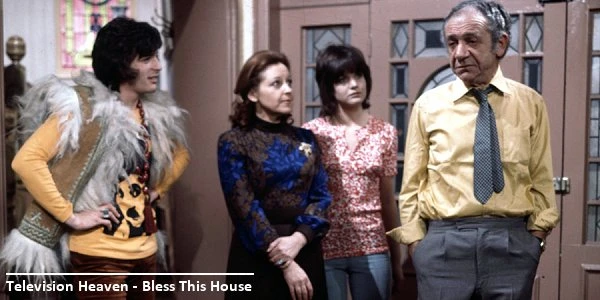
Philip Stuart Jones was born on 7 December 1927 and educated at Cheltenham Grammar School, where his father was head of languages. In 1948, after his National Service in the RAF, he decided on a career in showbiz and joined Radio Luxembourg as a programme assistant. In six years at the popular music station he had worked his way up to Programme Controller. While there, he met his wife Florence, a fellow employee. In 1955 he joined Granada Television as a light entertainment producer but was headhunted three years later by Tynne Tees as the station was preparing to go on air for the first time. "Having met George and Alfred Black and Bill-Lyon Shaw and hearing of their plans for the new TV station, I was happy to accept a job as Producer/Director in the Light Entertainment department."
With his wife, Florence and his young son, Pip, Jones moved to Newcastle upon Tyne where his first brief was to launch a lunchtime entertainment show. "In those days several of the regional ITV companies produced midday magazine shows catering very much for local audience tastes. In Birmingham, ATV's long-running series was Lunchbox (hosted by future Crossroadsstar Noele Gordon), while from Glasgow, Scottish Television produced The One O'Clock Gang ." As a result Tynne Tees Television's own One O'Clock Show was born. "For all of us it was an exciting and demanding challenge to produce a forty-minute show five days a week, but we learned a great deal from the experience." Jones recalled that by todays exacting standards the production probably seemed fairly crude but felt that the atmosphere created by the immediacy of the show is something that is missed these days.
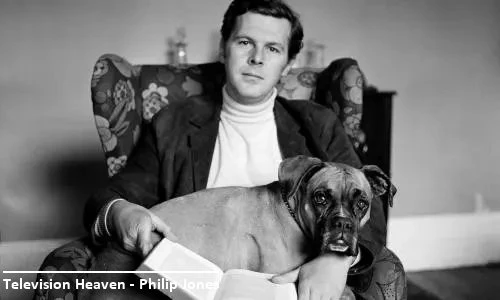
Jones also produced a number of popular music shows for Tynne Tees including At The Golden Disc and Request Time. In 1959 he was voted 'Producer of the Year' by readers of 'The Viewer', and was beginning to attract the interest of bigger independent television companies. So it came as no surprise when he left TTT in 1961 to join ABC Television in London. Here he produced a wide range of variety and comedy shows including Big Night Outand Blackpool Night Out, which were hosted by Mike and Bernie Winters. There were also a number of TV specials starring Bruce Forsyth, Frankie Howerd , Tommy Cooper , Peggy Lee, Bing Crosby, Frank Sinatra and The Beatles. In fact, it was on the Philip Jones created Thank Your Lucky Stars that The Beatles got their first national television exposure. On January 19th 1963 the group mimed to their second single From Me To You.
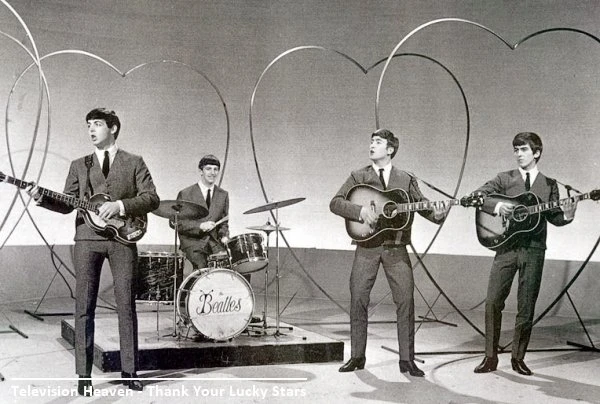
It was Jones too who realised the early impact that the so called 'Mersey Sound' was to have on Britain's youth, enabling him to put on a show in June of that year featuring Liverpool's finest, accompanied by The Searchers, Lee Curtis, The Big Three, Kenneth Cope and the Breakaways, Billy J. Kramer and the Dakotas, The Vernon Girls and Gerry and the Pacemakers. That show alone pulled in over 6 million viewers. "The ratings achieved by that show proved the Liverpool sound was not limited in its appeal to a local audience -obviously it had a national following." Said Jones.
At ABC he started nurturing the talents who would go on to become big stars and showed further insights into the viewing tastes of the public. When, in 1968 ABC and Rediffusion merged to become Thames Television, Jones was given more management freedom and bigger budgets to fight the ratings war. When he was appointed to Thames, the industry newspaper Television Today asked him to write an article about his plans. He was too busy, he said, but would talk to a ghost writer. "My wife, then a freelance was sent along". As his name would be on the piece, she awaited his reactions anxiously. He sent no message, just a bouquet.
One of his earliest successes at Thames was bringing Benny Hill over from the BBC. Jones signed the comedian to a contract in 1969, the start of a successful partnership which was to last 20 years. The Benny Hill Show (s) were successfully marketed around the world, making their star a global celebrity.
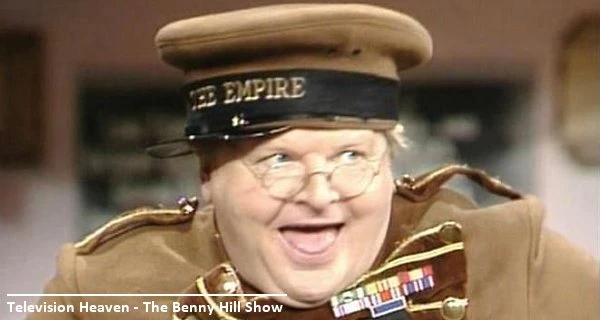
While song and dance flourished it was the comedy that excelled. There was Never Mind The Quality, Feel The Width which had begun with ABC in 1967, while new shows included For The Love Of Ada , Bless This House, Love Thy Neighbour, Moody And Pegg, Get Some In!, Shelley, A.J. Wentworth BA , Fresh Fields, Man About The House plus its several spin-offs, and both Father, Dear Father and Dear Mother, Love Albert.
Philip Jones's shows were enormously popular and he rejected criticism that they were unimaginative and low-brow as snobbery. Indeed, he used the financial power of established shows to pay for more risky material, such as The Kenny Everett Video Show , which enjoyed cult status even though it failed to top the ratings. He received an OBE in the 1977 New Years Honours, then in 1978 he stunned the BBC when he persuaded Morecambe and Wise to switch to Thames Television.
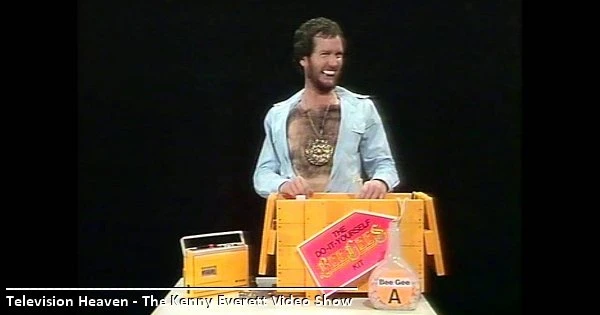
Jones was widely respected by his peers and the stars alike. Everyone who worked with him were known as his 'boys and girls' and many big names were keen to join Thames Television because they trusted Jones personally. In 1988 Jones retired from Thames. He continued to work in television and was executive producer of As Time Goes By, the BBC sitcom starring Judi Dench and Geoffrey Palmer, which ran for more than ten years.
Published on June 6th, 2020. Written by Marc Saul for Television Heaven.









